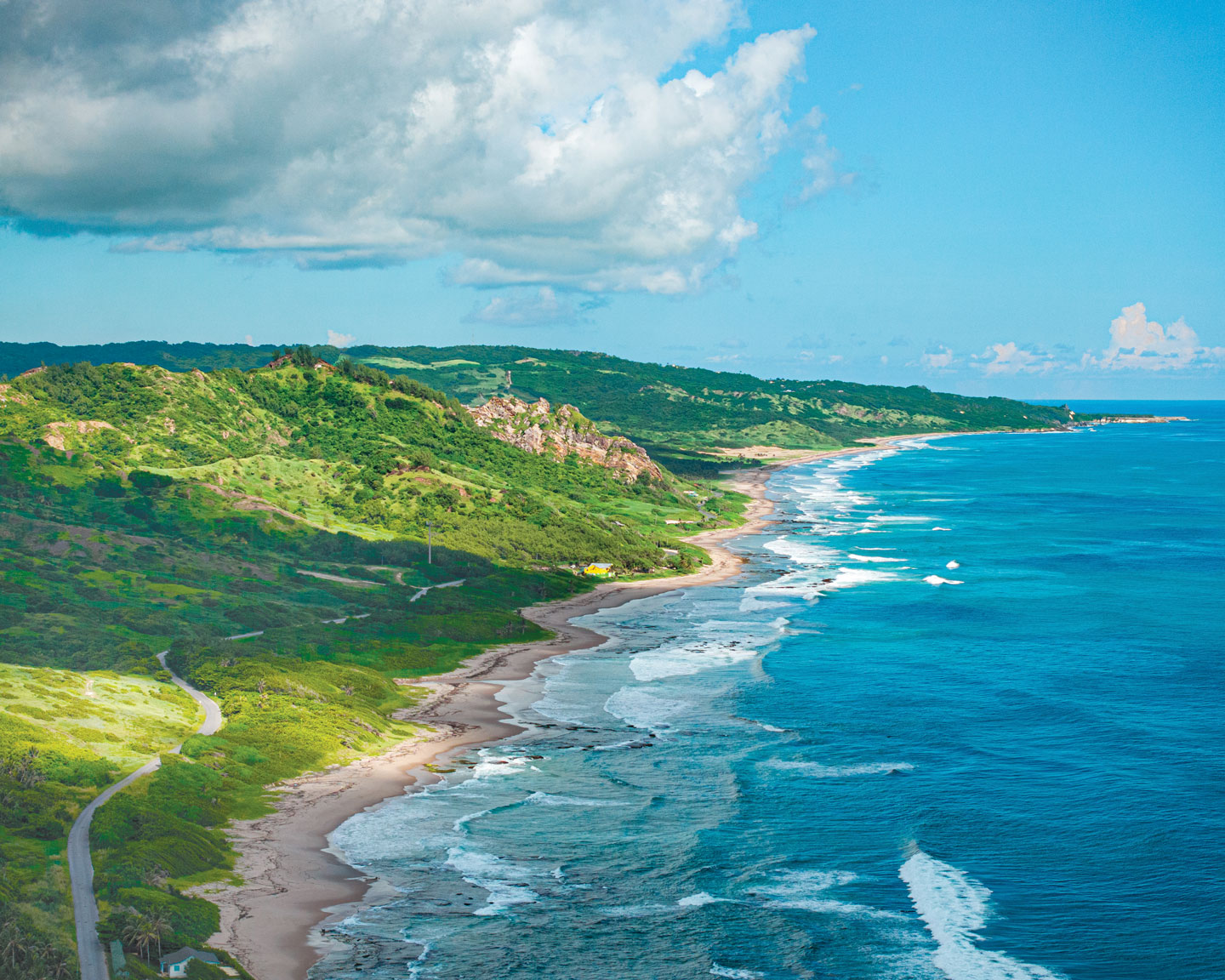Millions of people in the tropical world, from 20 degrees north to 20 degrees south, depend on the coconut tree for their livelihoods.
The coconut is believed to have originated from India or Sri Lanka and is mostly grown in Indonesia, India, and the Philippines, producing 70% of world’s supply.
In the Asian world it is called “the tree of life” as it supplies coconut water, oil, sugar, flour, vinegar, alcohol as well as medicinals, cosmetics and many food items. It is also used to make bio-fuel, mattresses, hats, baskets, garden compost, orchid growing medium and timber. It is that one tree that is all giving.
There are two main types of coconut palms: dwarfs and talls.
Dwarf coconuts rarely grow above 12m. They begin fruiting three to five years after planting and produce small nuts. The nuts come in a range of bright colours: yellow, orange, red, bronze, brown and green.
Tall coconuts can grow up to 30m. They produce larger nuts, begin fruiting seven to ten years after planting and remain productive for up to 100 years.
It is believed that the Europeans brought the coconut from Asia to West Africa and then to Brazil and the Caribbean. It appears in Caribbean literature as early as the mid-1600s. Today, the main coconut production in the region is in the Dominican Republic, Guyana and Jamaica, and with smaller amounts grown in other islands. Barbados ranks 76th of 85 coconut growing countries.

The 710 known coconut varieties worldwide differ in terms of their morphological characteristics and degree of adaptation to a range of ecologies. For researchers, this diversity is an asset that can be put to good use in breeding disease-resistant varieties and hybrids. Coconuts are hardy trees that can grow in different soil types, along coastal areas and up to 1,000m above sea level. It is a climate-change resilient crop and can grow in many conditions although it prefers rainfall of around 200cm annually.
Mr. Maurice Wilson, who was the Regional Coconut Industry Coordinator at the Caribbean Agricultural Research and Development Institute (CARDI), gave an overview in 2019 noting that the Caribbean’s coconut industry was thrown into a tailspin decades ago, after coconut oil was deemed unhealthy.
In the 1970s, the coconut industry in the region virtually collapsed, because there was a soya bean lobby, which indicated that coconut oil was bad for the system.
“In those days copra, the dried white flesh of the coconut which is used to produce coconut oil, was the main thrust of the coconut industry. People didn’t use much coconut water, so when the trade in coconut oil collapsed, people abandoned the coconut plantations,” he explained.
Fresh coconut water is what drives the coconut sector in Barbados today. There is growing awareness of and interest in diversifying into other by-products and there are several small-scale producers of coconut oil, flour etc.

One of the main advantages of coconut farming is that you can intercrop it with many other plants and sheep.
At Coco Hill Forest we use coconut palms as our base crop and intercrop with bananas, cocoa, ginger and turmeric. We also use them for carbon sequestration and as a regenerative tree to mitigate soil erosion challenges at the Forest. We are growing mostly tall coconuts for their by-products such as coconut milk, oil and flour.
Coco Hill Forest is trying to create a sustainable linkage between agriculture, agro-processing and tourism. We work with other coconut farmers, producers and the government sector to promote coconut as a sustainable crop that can help our food security challenges.
Our initiative was described by the Executive Director of the International Trade Center (ITC), Pamela Coke-Hamilton as “frankly one of the most amazing I have seen in my travels with respect to the Alliance for Action Project. It is the first one that I’ve seen in Barbados that links agro-forestry with agripreneurship, with the tourism industry as a symbiotic whole”.
A visit to Coco Hill Forest is both an agricultural and hiking experience as there are amazing trails through the forest with many lookout spots. It is agriculture, geography, history and forest bathing in one experience. Hikes are both guided or self-guided.
Coco Hill Forest is open daily Monday to Sunday 9am-5pm
Richmond Road, St. Joseph
(246) 571-5520
WhatsApp: (246) 235-4926
cocohillforest@gmail.com





